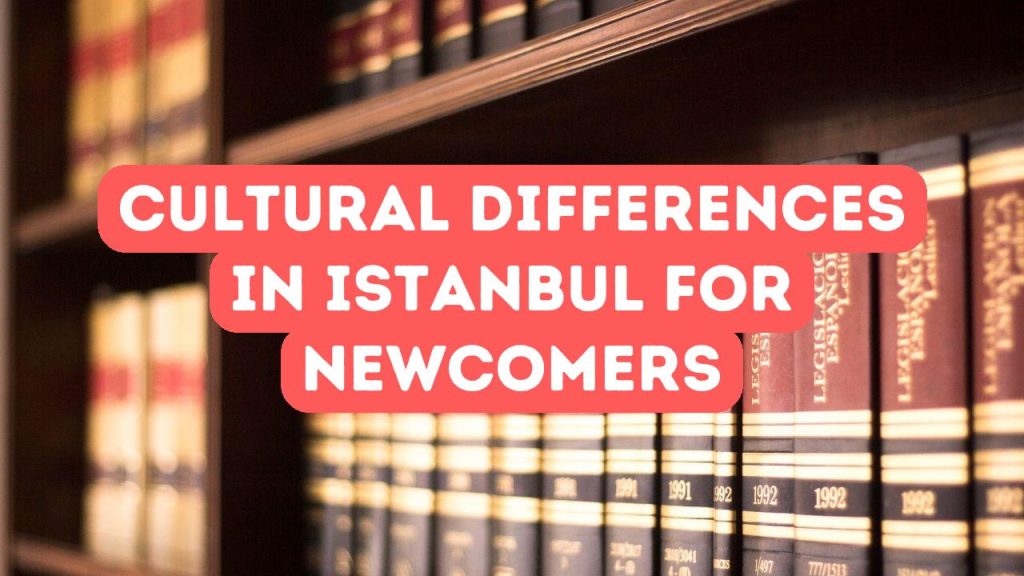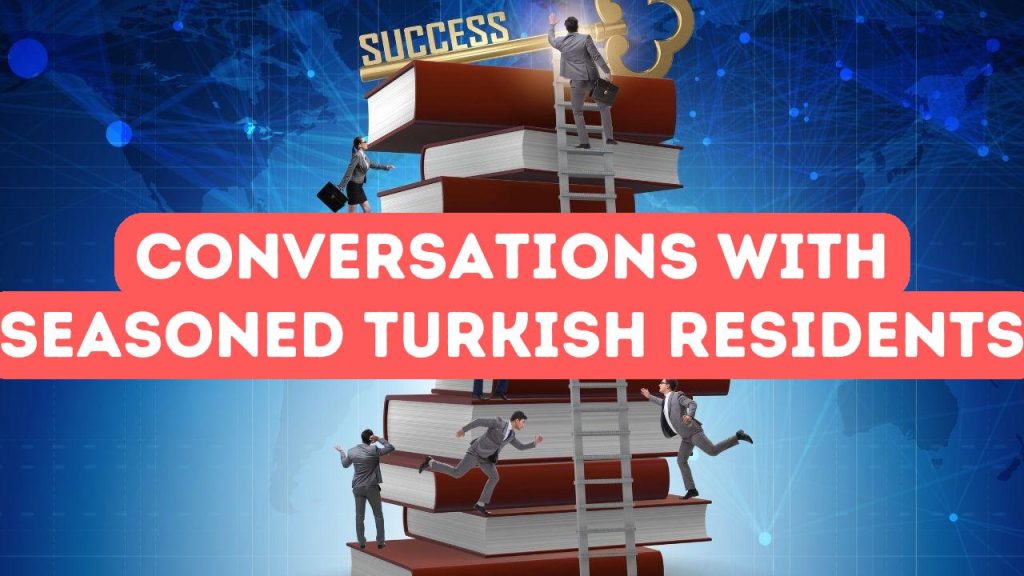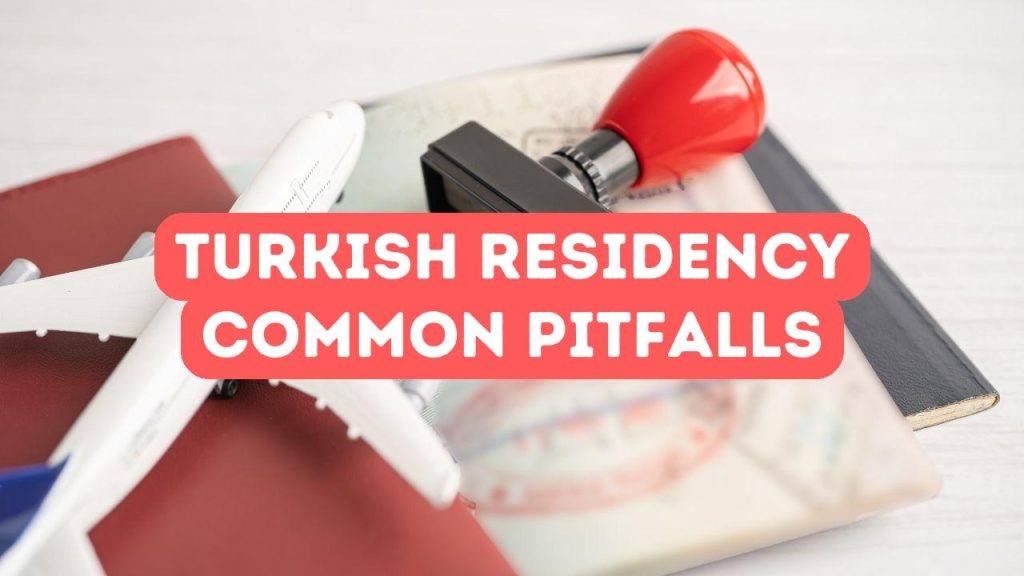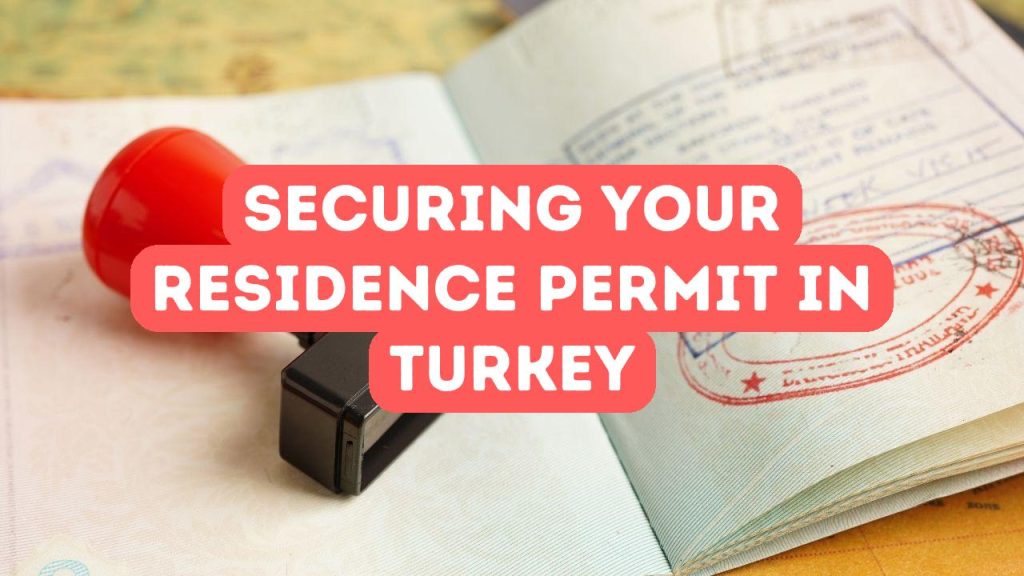Navigating Social Norms in a New City
Navigating the social norms of Istanbul can be as intricate as the patterns on a Turkish carpet, each thread intertwining with the next to create a complex picture that mesmerizes and sometimes perplexes. As with many cities steeped in history, customs in Istanbul have been shaped by a myriad of cultural influences, including Islamic traditions, Mediterranean hospitality, and a strong sense of secularism that pulsates in its modern veins. Newcomers quickly realize the importance of small but significant gestures such as removing shoes before entering a home, offering a warm, two-handed handshake to elders as a sign of respect, and mastering the subtle art of queuing, which may appear somewhat fluid compared to the rigid lines of Western cities. These practices are just the beginning of what it takes to weave oneself into the social fabric of this endlessly captivating city.
Beyond the initial pleasantries and signifiers of respect, the key to harmonizing with life in Istanbul lies in grasping the nuances of communication and interpersonal relationships. The Turkish language itself is embroidered with expressions and idioms that reveal the locals’ value of kinship and community, so even a modest attempt at speaking Turkish can open hearts and doors alike. In this vibrant metropolis, the concept of keyif – taking pleasure in one’s surroundings and company – is central to understanding social interactions. Whether it’s over a leisurely cup of Turkish tea or a game of backgammon in the shade of a Bosphorus-side café, allowing time and conversation to flow freely without the typical Western rush signals both respect for the culture and a willingness to truly engage. Newcomers who embrace this rhythm often find that bonds formed in Istanbul can be as strong and enduring as the city’s storied past.
Embracing the communal pulse of Istanbul also means observing the unspoken rules that govern daily life. The concept of sıra – one’s turn in a communal setting – is sacred, and learning when to assert oneself and when to yield is crucial for maintaining social harmony. Though the city thrives on its bustling energy, patience is a virtue highly regarded by Istanbulites, whether you’re awaiting your turn at the fish market or yielding the right of way on the narrow, cobbled streets. Diving into community activities such as attending local festivals, participating in neighborhood mahalle gatherings, or supporting small sidewalk vendors strengthens one’s ties to the city. As newcomers assimilate these unspoken codes of conduct, they gradually transform from spectators to active participants in the grand, ongoing narrative of Istanbul, earning a place amidst the city’s warm and inviting embrace.
Embracing Diversity: Istanbul’s Cultural Tapestry
Embracing the diversity of Istanbul begins with unraveling its cultural tapestry, a vibrant blend of customs and communities that have coexisted for centuries. Newcomers are swiftly immersed in a unique blend of sounds, tastes, and visuals; from the echoing call to prayer that reverberates across the Bosphorus to the alluring scent of spices wafting from bustling marketplaces like the Grand Bazaar. Each street corner offers a lesson in history and heritage, with the city’s Byzantine walls standing as silent witnesses to the past, juxtaposed against the backdrop of contemporary art scenes and chic cafes. For a newcomer, this means opening up to a multitude of perspectives, engaging with locals, and participating in traditional activities. By doing so, they not only enrich their understanding of this complex city but also weave their own threads into its ever-expanding cultural tapestry.
In the intricate dance of Istanbul’s daily life, every gesture and interaction paints a picture of its deep-seated multicultural ethos. Newcomers will find that Istanbulites embody the warmth of their city, often displaying a hospitable nature that is both endearing and overwhelming. Taking a cue from local customs like sharing a cup of çay or Turkish tea is an invitation to bond; similarly, engaging in the communal spirit during festive seasons or accepting an impromptu invitation to a neighbor’s home will cement one’s place within the community. However, this cultural immersion goes beyond mere socialization. It requires an open-minded approach to the nuances of communication, from understanding indirect expressions of politeness to appreciating the fine balance between traditional conservatism and progressive attitudes. By navigating these social intricacies with sensitivity and curiosity, one not only experiences the genuine connection but also fosters mutual respect and a sense of belonging in the heart of this storied metropolis.
As newcomers weave their own narratives into the rich fabric of Istanbul, they contribute to its diversity while also undergoing a personal metamorphosis. The experience of adapting to Istanbul’s cultural complexities is akin to learning an elaborate dance, where every step and misstep is part of the journey, and patience is key. With time, as the initial novelty fades, the rhythms of the city become second nature, allowing new residents to move fluidly within its diverse social tableau. True acclimation is marked by an intercultural fluency, where empathy and understanding transcend language barriers, and differences are not just tolerated but celebrated. Ultimately, embracing Istanbul’s cultural tapestry does not just mean surviving amidst contrasts; it means thriving by finding one’s unique place in a city that honors both the echoes of its ancient paths and the vibrant beats of its ceaseless evolution.
Effective Strategies for Cultural Adaptation in Istanbul
In embarking on the path to effective cultural adaptation in Istanbul, one must first embrace the city’s multifaceted identity with an open heart and open mind. It is crucial to invest time in understanding Turkey’s rich history and the cultural layers that have shaped it, as this knowledge casts a light on the subtleties of modern-day interactions. Language is the key that unlocks many doors, and learning even just the basics of Turkish can dramatically smooth the transition and endear you to local residents. Whether it’s mastering simple greetings or being able to order food in Turkish, each word learned will enhance your connection to the city and its people. Moreover, actively seeking out intercultural exchanges, such as joining local clubs or participating in neighborhood gatherings, can accelerate your cultural fluency and provide invaluable insight into the unwritten rules that govern social conduct in this diverse metropolis.
Venturing into Istanbul’s daily life, newcomers can navigate cultural differences by respecting local customs such as modest dressing, punctuality in social settings, and the nuances of hospitality. One might quickly learn that refusing a Turkish coffee or tea when offered can be seen as impolite—a testament to the deep-rooted tradition of hospitality. Moreover, understanding religious practices, such as the call to prayer echoing across the skyline five times a day and the significance of religious holidays, is crucial. Embracing these practices with curiosity rather than inconvenience fosters respect and builds rapport with the community. Furthermore, patience is pivotal; establishing a local life takes time, and it’s important to approach bureaucratic procedures, which can differ vastly from those in the West, with flexibility and without presumption. This sense of patience also extends to forming friendships; relationships in Turkey are often built over time through repeated and heartfelt interactions, blending sincerity with the social art of ‘keyif’ – the enjoyment of life’s simple pleasures.
Adapting to the rhythm of life in Istanbul also entails embracing its vibrant street culture and public spaces, which are imbued with layers of history and daily social intricacies. Engaging with the community through its bustling bazaars, tranquil tea gardens, and dynamic neighborhood squares enables newcomers to observe and participate in the public tapestry of Istanbul life. Attending local festivals, visiting historical landmarks, and indulging in the rich tapestry of Turkish cuisine serve not only as cultural education but as a means to forge meaningful connections. A key aspect of this engagement is reciprocity; contributing one’s own cultural perspectives and experiences while respecting and valuing the local customs enhances the shared cultural milieu. Through active participation in these community spaces and with consistent, respectful exchanges, newcomers can weave themselves into the fabric of Istanbul’s society, turning cultural adaptation into a fulfilling journey of personal and collective growth.






